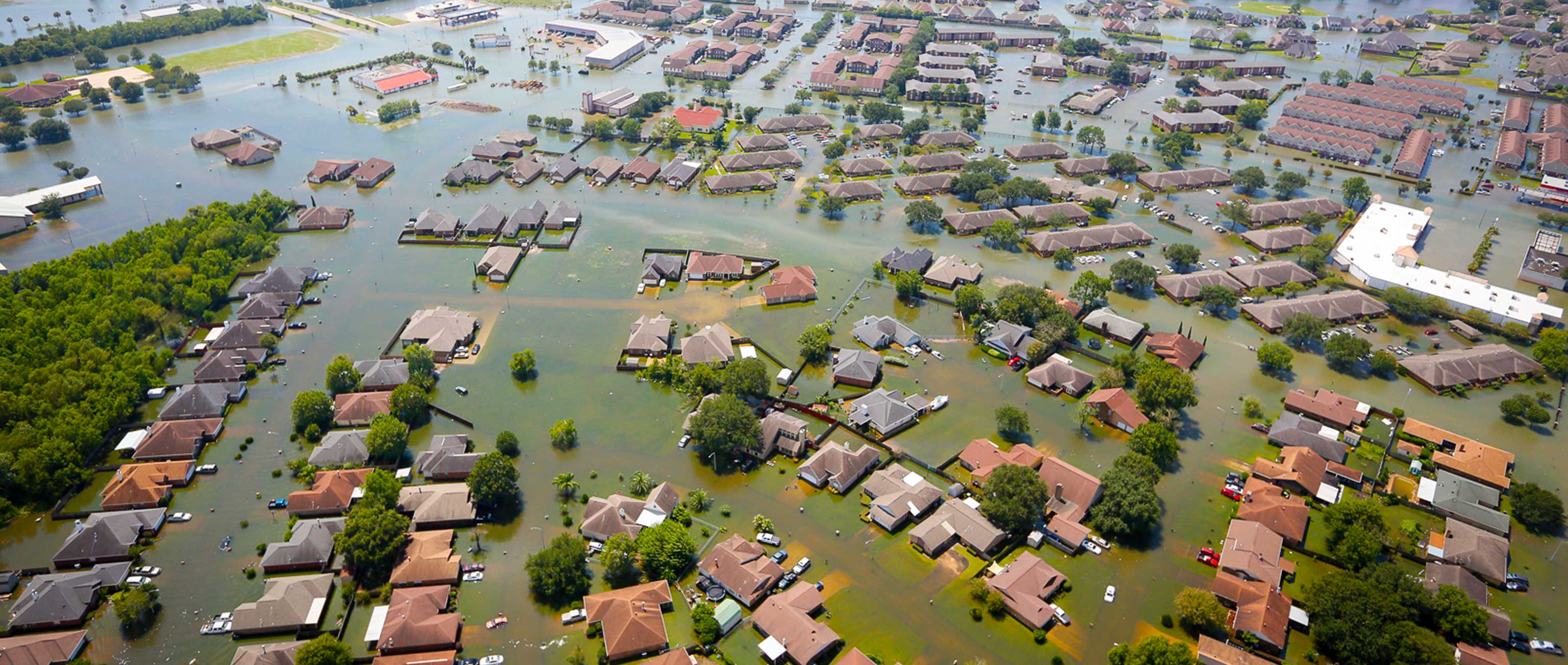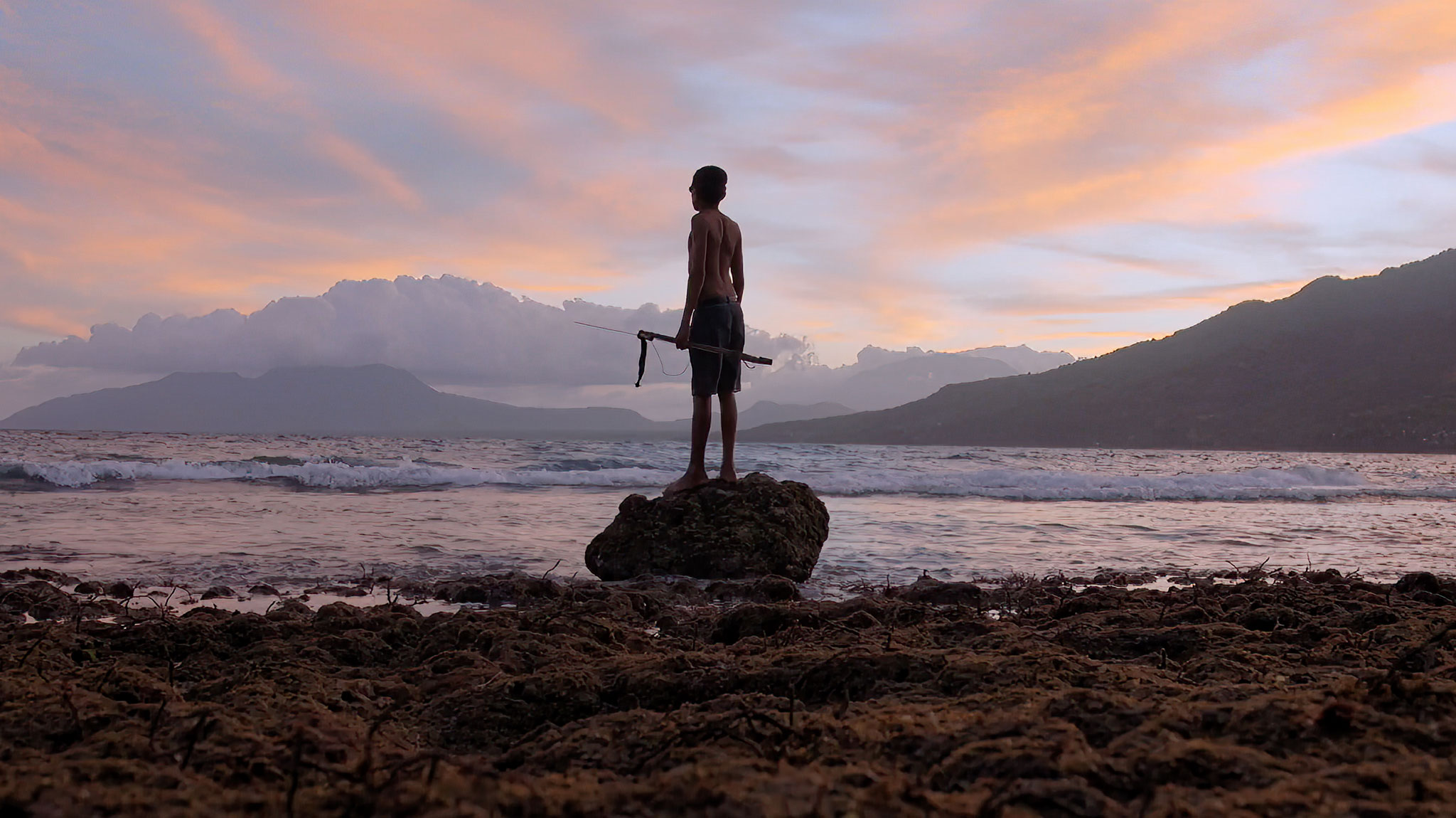Team Rubicon in Houston: A Lean, Nimble Approach to Disaster Relief
Jake Wood, former Marine sniper, believes there’s a better way to do disaster relief. While giant bureaucratic organizations like the Red Cross have come under increasing scrutiny for mismanaged funds and poor response, Wood has built an organization that weds military precision, training, and logistical capacity with humanitarian impact. He co-founded Team Rubicon in the aftermath of the 2010 Haiti earthquake with an aim to provide efficient, compassionate response, and to give American veterans a renewed sense of service. Since then, Team Rubicon has paired the skills of vets with first responders, medical professionals, and technology solutions to respond to disasters on five continents. We caught up with Wood while his staff and army of volunteers were knee deep in the floodwaters of Houston, working furiously to rescue as many residents and salvage as many homes as they could. With one eye on the incoming tropical storm Irma, Team Rubicon was also staging gear in Atlanta and assembling reconnaissance teams to respond to the next threat.
Zach Slobig: Can you give me a sense of what things looks like on the ground for you and your teams right now?
Jake Wood: Six days ago we began forward deploying staff and volunteers into operating bases from Rockport in the south, to Beaumont in the north. They’re doing damage assessments, route clearance, and removing trees blocking roadways. This was just so widespread. I heard someone say the other day that if the same volume of water had fallen in New Orleans, it would have been enough water to fill the city up 87 stories high.
In Houston where the tropical storm dumped five feet of rain, our teams are in a race against time to help the homeowners to keep the mold from setting in. In this part of the country it’s hot and humid and a petri dish for mold, so our teams are beginning the muck and gut work.
We just brokered an arrangement with American Airlines, they’re going to provide 11 round trip chartered flight for Team Rubicon volunteers from cities across the country. We’ll load up 150 volunteers at a time, and that’s in addition to all our Texas based volunteers. We’ll have something like 2500 Rubicon volunteers come in and we’ll manage and train 10-15,000 community based volunteers–whether that’s soccer teams or church groups. We get them the skills and safety equipment they need to join us on work orders. We try to take all that goodwill and maximize the positive impact.
Zach: What have been the biggest challenges for these teams in Houston?
Jake: The challenges have been the strain on our logistics and supply chain. This storm was so widespread and this is the largest operation in our history. Even with an undamaged supply chain, it would have maxed out our resources. Fortunately I have a bunch of former military logistics officers who know how to come up with solutions.
Zach: What have been some of the best moments?
Jake: Anytime you can safely pull someone off the roof of their home and get them to safety is a special moment. One of our first volunteers, Clay Hunt, was my sniper partner in the Marine Corps. He took his own life about 6 years ago here in Houston where he’d grown up. We quickly learned that his mother’s house had been completely flooded. We were able to divert a team to go and take care of her over the course of three days, and pulled everything out of her house. Walking through the house, seeing pictures of Clay on the wall, and the flag from his coffin that I handed to his mother, it really hit home.
Zach: Why are veterans such a good fit for this work?
Jake: You wouldn’t ask that if you came here and saw things. We’ve got people who were responsible for building the plan to feed 100,000 troops in Iraq, people who moved a 10,000 person brigade from Kuwait into Fallujah. We have people who know how to plan and execute operations under stress and with limited resources.
These are men and women who value service. It’s part of their DNA. They want to give back and help their community, and frankly they live for this type of environment with high stakes and the opportunity for high impact. They get as much out of it as they give. It’s a powerful healing mechanism for them, to be able to find that sense of purpose again. It’s a powerful antidote for anything that ails them post-war.
Zach: What are some of the biggest misconceptions about disaster relief and recovery?
Jake: We need to remember that this is a long game. We’re still rebuilding twelve years after Katrina. It will be two years before we can make any substantial dent in the recovery here, and in five years there will still be communities that are not the same. Organizations are going to need patient capital. It’s important for funders to be patient, work with the right organizations, and understand that outcomes will be measured perhaps over years, and not weeks or months.
We think that there can be a much leaner model for how we build disaster relief organizations. That’s what we’re trying to pioneer. We have all this amazing human capital sitting on the sidelines in the U.S. and in many other countries around the world. These are men and women who have been trained in the types of leadership necessary after disasters. When they get out of the military, we are asking them to repurpose that into building a framework for making our communities more ready and more resilient. I think our veterans are starving for that opportunity.



